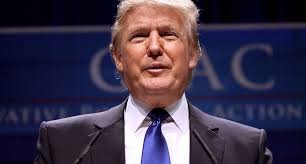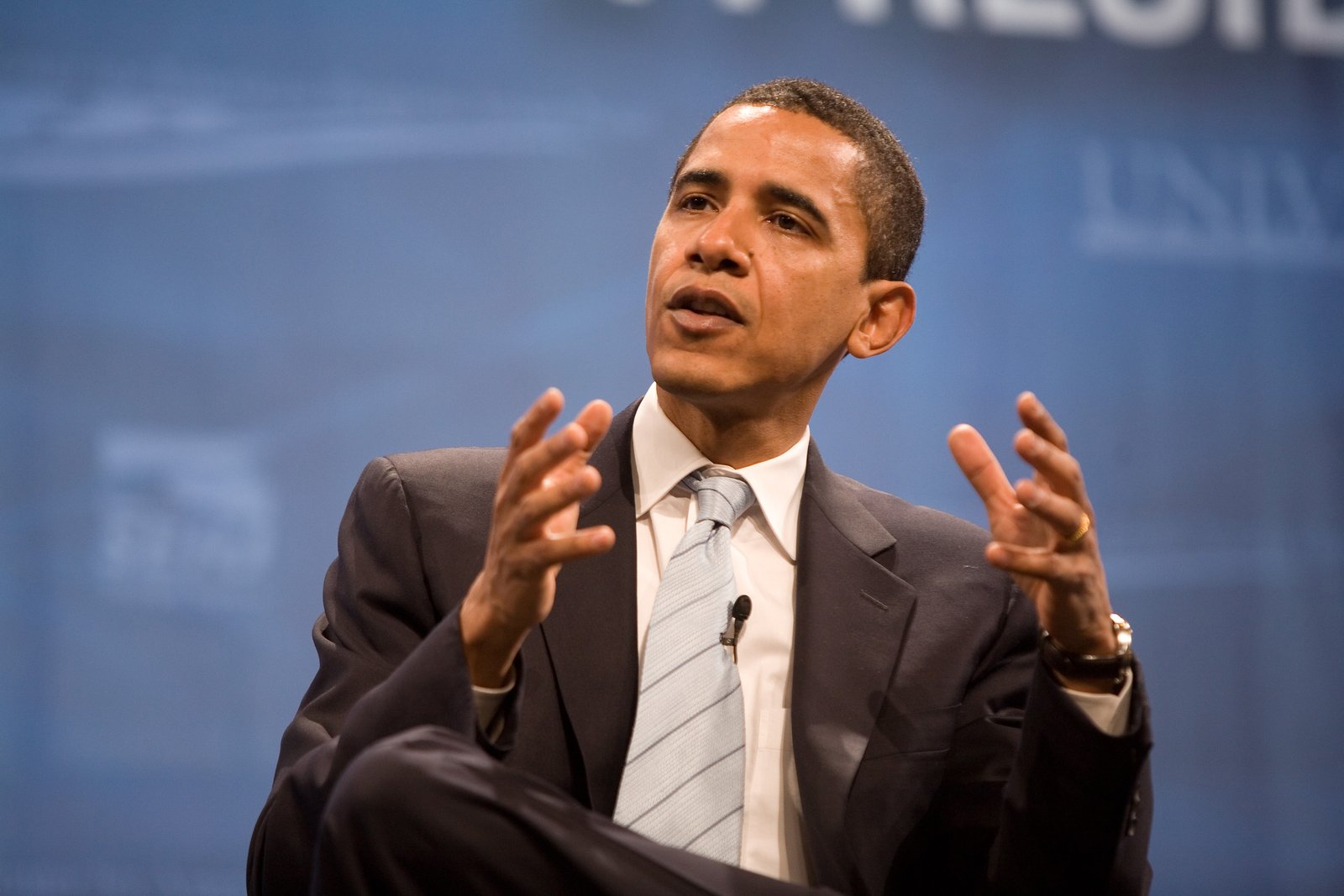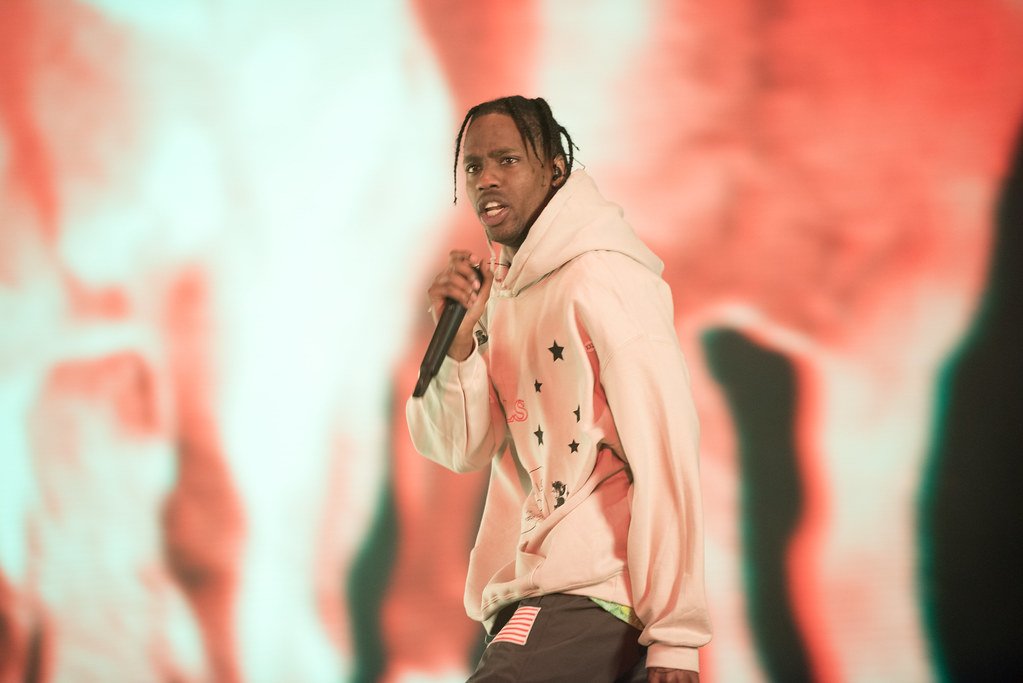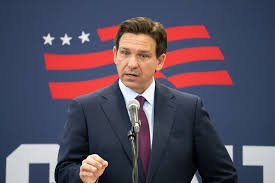Mark Cuban Didn’t Get Rich From Shark Tank—Here’s the Truth Behind His Billion-Dollar Rise
Entertainment / Date: 06-26-2025

Let's dispel a myth right away: Mark Cuban didn't receive money from Shark Tank to become a billionaire. He became renowned, but not wealthy, thanks to that show.
So, where did the money come from? Luck? Timing? Tech wizardry?
Try this instead: insane hustle, a knack for spotting tech trends before they became trends, and a mouth that rarely filters anything (sometimes to his own benefit). His journey from sleeping on floors to owning the Dallas Mavericks isn’t a rags-to-riches fairy tale—it’s a lesson in scrappiness, timing, and unapologetic risk-taking.
In this post, you’ll get the real story of Mark Cuban. Not the polished soundbites. Not the investor TV version. The raw, oddly relatable road he walked—and how he pulled off one of the smartest business moves in internet history.
Why Mark Cuban’s Rise Wasn’t Just “Right Place, Right Time”

People love to write off billionaires as “just lucky.” Cuban? He was lucky—he just happened to be working 100-hour weeks when luck showed up.
Let’s rewind.
Mark grew up in Pittsburgh. Middle-class, blue-collar roots. Then he sold stamps. Then coins. Then newspapers. Basically, if it could make a buck, Cuban was game.
After college (he dropped out of one and transferred), he landed in Dallas with no real plan—just grit. He slept on a friend’s floor. He bartended. Then got a sales job at a PC store and… got fired for closing a deal instead of opening the shop.
Most people would panic. Cuban? He started his own company the next day.
MicroSolutions: The First Big Bet
His first business wasn't glamorous. It was a software reselling business, MicroSolutions. Just vibes and determination.
He read instructions. He cold called. He worked like a madman.
And it paid off. In 1990, he sold the business to CompuServe for $6 million. His share? About $2 million after taxes. Boom—early retirement, huh?
Nope. This was just Act One.
The Internet Gold Rush: How Mark Cuban Played the System
Here’s where things get wild.
In 1995, Cuban and his buddy Todd Wagner were annoyed they couldn’t listen to Indiana Hoosiers basketball games online.
That “something” became Broadcast.com—a company that streamed audio and video over the internet before most people knew what “streaming” even meant.
Let that sink in. This was years before YouTube, Netflix, or Spotify.
And guess what?
Yahoo purchased Broadcast.com for $5.7 billion in equity in 1999. I'll say it again: five-seven billion. in Yahoo's stock.
Cuban, already wary of market hype, pulled a chess move—he hedged his Yahoo shares before the crash. So while other paper millionaires went broke, Cuban kept his fortune.
Genius? Maybe. Lucky? Also yes. But mostly—it was just him being cautious when everyone else was high on dot-com fumes.
Mark Cuban: Not Just a Billionaire
Most people would disappear after scoring a life-changing windfall.
Not Cuban.
At the time, the most costly Internet purchase he made was a Gulfstream plane. The Dallas Mavericks, a franchise that hadn't experienced significant success in decades, were then purchased by him. Supporters believed him to be a joke. A wealthy man pretending to be the owner.
Fast forward.
He transformed the Mavs into a legitimate franchise. Players admired him. Fans adored him. In 2011, they captured the NBA title.
It wasn't about the team—it was Cuban proving he wasn't a dot-com flash in the pan. He could create value from scratch. Over and over.
So Why Did He Join Shark Tank?
By 2009, Mark Cuban had already won the game. So why jump into a TV show?
Answer: Control the narrative.
Before Shark Tank, Cuban was seen as loud, controversial, a little too cocky. The show gave him a second image—wise, generous, sometimes brutally honest, but always entertaining.
And he wasn’t just there for the spotlight.
Yahoo purchased Broadcast.com for $5.7 billion in equity in 1999. I'll say it again: five-seven billion. in Yahoo's stock. when the dot-com bubble was at its peak.
And yeah—he got a whole new fanbase in the process.
Cuban’s Shark Tank Playbook
Let’s break it down real quick. What types of deals does Cuban go for?
- Tech & Health: Anything scalable, especially if it uses AI or data.
- Founders with fire: He backs attitude over perfection. Passion over polish.
- Disruption over safety: If it shakes up an industry? He’s in.
What he avoids? Copycats. Overvalued startups. People who think funding = success.
Cuban doesn’t just bring cash. He brings network, street-smarts, and blunt feedback that’s saved many startups from self-destruction.
Cuban in 2025: The Uncomfortable Truth Nobody’s Discussing
He announced in late 2023 that he’d be leaving Shark Tank. Not because he’s done with business—but because he’s shifting focus.
His new obsession? Affordable healthcare.
Through his company, Mark Cuban Cost Plus Drug Company, he’s trying to blow up the pharma industry by selling generic drugs at near-cost prices—no middlemen, no huge markups. It’s bold. Disruptive. Uncomfortable.
And totally Cuban.
He’s already shaking up the space, making enemies in pharma, and proving (again) that he’s not just about money—he’s about impact.
The Bottom Line?
Mark Cuban isn’t famous because of Shark Tank. He’s not rich because of luck. He’s not influential because of flashy quotes or billionaire drama.
He’s where he is because he keeps moving.
From software to streaming, from sports to startups, from TV to healthcare—Cuban reinvents himself every few years. While others cling to what worked before, he tosses it out and starts fresh.
The real lesson? You don’t need to be a genius. You need to be relentless. So, let’s ask the hard question:
Will you bet safe like most—or take your shot like Cuban did, even when the odds look stupid?
Follow Us
Newsletter
Subscribe to our newsletter to stay updated with our latest news and offers.
We respect your privacy.Trending










